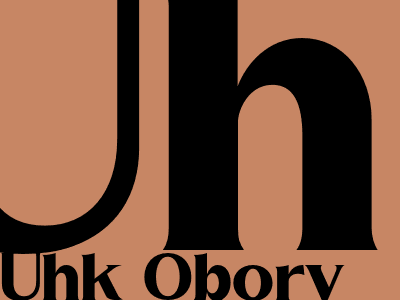Building a Solid SEO Foundation: Content Creation and Optimization
Understanding the Importance of High-Quality Content
Content is the cornerstone of an effective SEO strategy. Search engines prioritize websites with informative, engaging, and relevant content that meets the search intent of users.
Valuable content not only satisfies user queries but also establishes your website as a credible source of information. It encourages repeat visits, reduces bounce rates, and improves dwell time, all of which are positive signals for search engines.
To create high-quality content, focus on addressing specific user pain points, providing comprehensive information, and using a reader-friendly tone.
Optimizing Content for Search Engines
Keyword Research and Targeting
Identify relevant keywords that users search for related to your topic. Use keyword research tools to discover search volume, competition, and related terms.
Incorporate these keywords naturally into your content, including the page title, headings, subheadings, and body text.
Header Tags and Structure
Use header tags (
, , etc.) to structure your content and make it easier for both users and search engines to navigate.
The main heading (
) should convey the main topic of the page, while subsequent headings (, , etc.) should introduce sections and subsections. Internal Linking
, etc.) should introduce sections and subsections. Internal Linking
Create internal links between related pages on your website. This helps distribute link equity, improve website navigation, and provide additional context to users.
Anchor text, the visible text of the link, should clearly describe the target page.
Content Formatting and Readability
Paragraph Length and Structure
Paragraphs should be concise and easy to read. Aim for 3-4 sentences per paragraph, with a clear topic sentence and supporting details.
Use white space, line breaks, and bullet points to enhance readability and visual appeal.
Use of Headings, Subheadings, and Lists
Headings and subheadings break up text into smaller sections, making it more readable and scannable.
Lists can present information in a clear and organized manner, improving comprehension.
Image Optimization
Use images to illustrate concepts and break up text. Optimize images for search by using relevant file names, alt tags, and captions.
Make sure images are appropriately sized and compressed to improve page load time.
Content Measurement and Analysis
Google Analytics and Search Console
Use Google Analytics and Search Console to monitor website traffic, keyword performance, and other key metrics.
Analyze data to identify areas for improvement and make informed decisions about your content strategy.
Additional Tips for Content Creation
- Write for humans first and search engines second.
- Use clear and concise language.
- Proofread carefully before publishing.
- Share your content on social media to increase visibility.
- Stay updated with SEO best practices and algorithm updates.

تعليقات